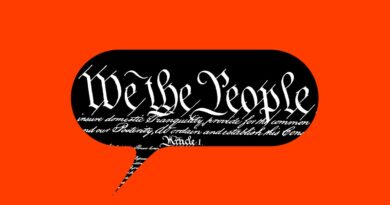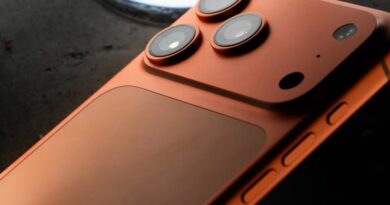Nobel Prize in Physics goes to early research that led to today’s quantum computers
On Thursday, three physicists received the 2025 Nobel Prize in Physics for their work on quantum mechanics in the 1980s. Researchers John Clarke, Michel Devoret, and John Martinis created a circuit with no electrical resistance to demonstrate a phenomenon known as quantum tunneling, or how atoms and subatomic particles can move through a barrier material they shouldn’t be able to cross.
It was all theory before Clarke, Devoret, and Martinis created the circuit. But their experiments demonstrated tunneling is possible in a physical circuit, which later led to modern transistors and the nascent quantum computing industry.
“I’m speaking on my cell phone and I suspect that you are too, and one of the underlying reasons that the cell phone works is because of all this work,” Clarke said in a phone call to reporters at the Nobel ceremony. He said he was “completely stunned” to receive the award, Reuters reported.
Clarke led the team of researchers at the University of California, Berkeley, where he began his professorship in 1969 and remains an emeritus professor. Over the decades, the trio’s early work expanded to form the basis of modern quantum computers.
Both Martinis and Devoret researched quantum computing at Google. In 2019, Martinis, then hardware lead of Google’s Quantum AI team, and other researchers declared the creation of a computer with “quantum supremacy” far faster at solving a problem than the fastest supercomputer. He left the role at Google but is still a professor at Yale University and the University of California, Santa Baraba. Devoret is the chief scientist of quantum hardware at Google Quantum AI and a professor at the University of California, Santa Barbara.
The trio joins the rarified group of physicists worldwide to earn the highest scientific prize, including Max Planck in 1918 and Albert Einstein in 1921.





